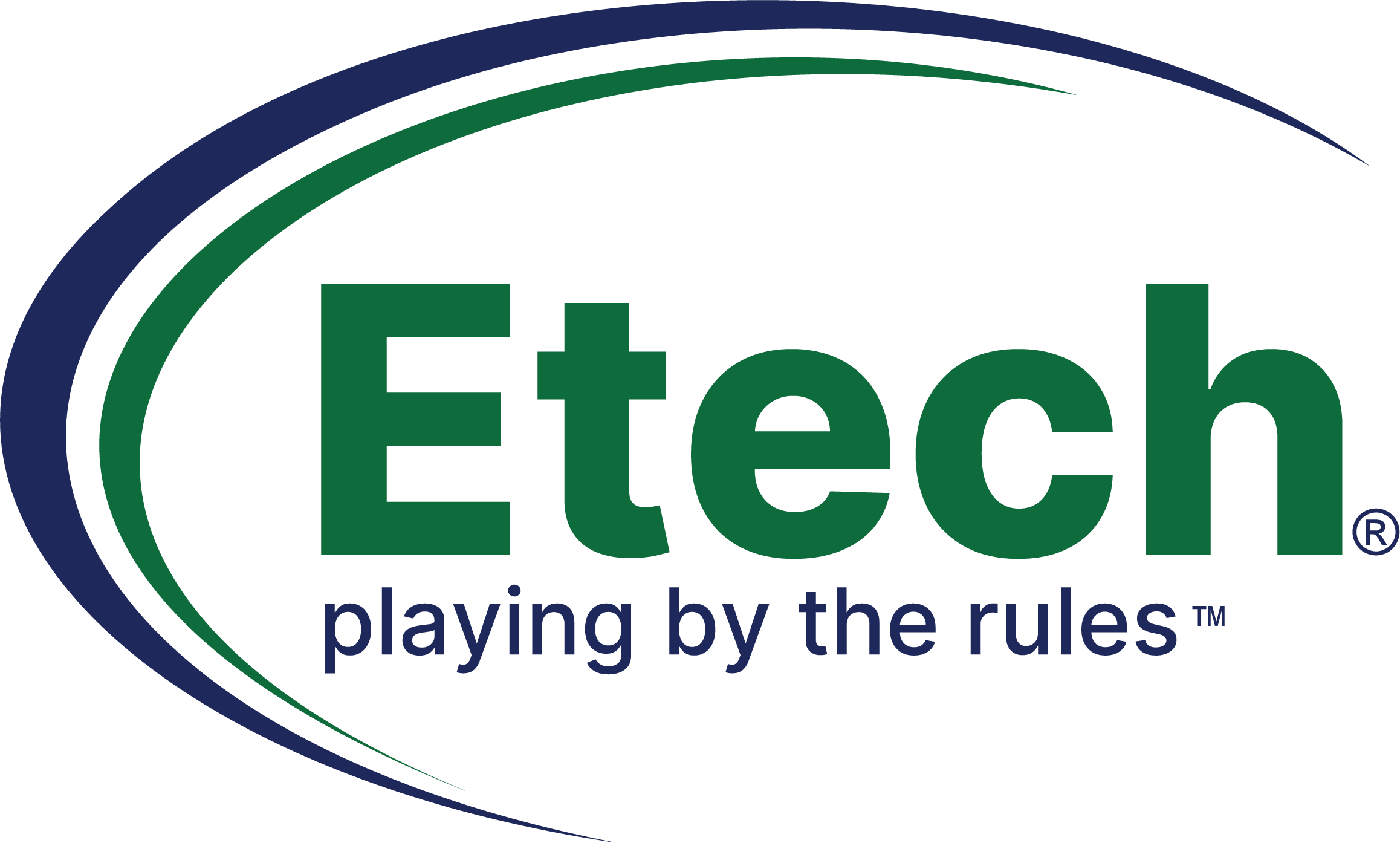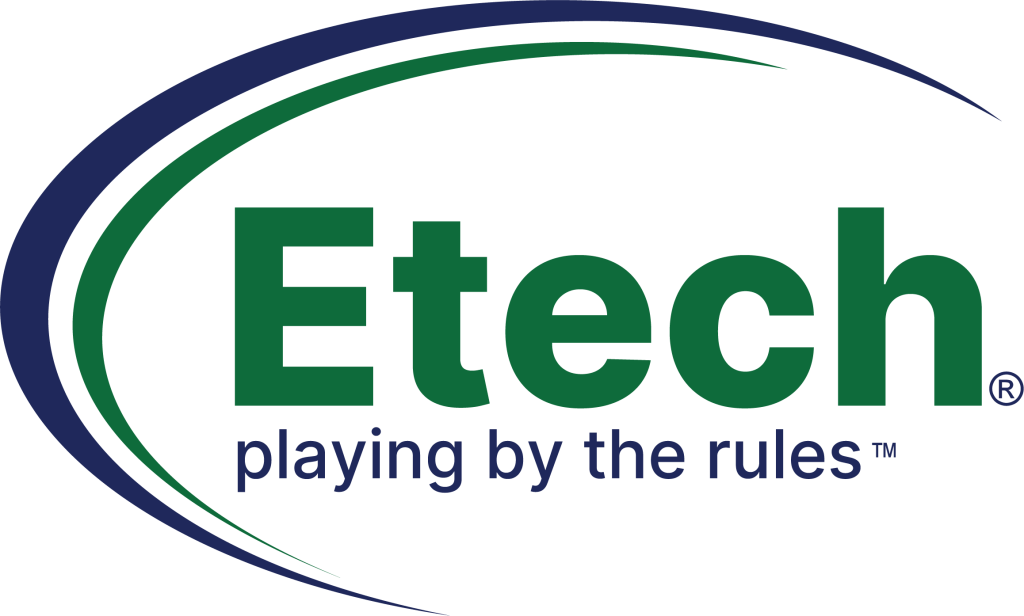Are You Coaching Your Agents To Enhance Productivity?

Your call center performance is affected by the overall performance and productivity of your automated call center agents. Because of this, it’s enormously critical to set up and establish an effective agent training program to aid your agents’ achievement and promote quality assurance.
There has in no way been a better time to educate your automated call center agents.
Customer’s expectancy for service is constantly increasing making call center agents coaching a vital part of the puzzle. Improving overall performance control and coaching best practices in the automated call center is prime to keeping your customers happy.
Customers depend on those organizations where they get a quicker result on their problems and get to engage with professional agents. This is why the agents need to be furnished with qualitative coaching for meeting the client’s expectations.
Managers monitoring an automated call center understand that their agents require consistent trainings in order to deliver notable customer services. Regular coaching is critical for call center agents, whether or not it’s about any newly released product or adjustments in the already existing product.
From taking orders to give customer support, difficult situations are bound to come up. But the way you deal with those conditions can be the difference between creating loyal customers and losing the business.
Educate Agents in ways to create an emotional connection with clients
Building upon core psychology of communication “it is not what you say, it’s how you say it”, the award-winning crew at Lebara Limited have translated a vision to “make lives better” into an effective operational tradition. This reinforces an emotional connection with clients.
Training of workers to create these emotional connections with the customer makes for memorable customer experience thus promoting quality assurance.
This emotional connection also can be achieved with the aid of the use of empathy statements that helps to enhance agent-customer rapport and by teaching agents to use high quality phrases, while keeping off bad language, along with “no”.
Intensify the Agent’s Skill
A fundamental part of the training periods need to be committed to the improvement of the agent’s skills. Here are the few elements to be covered to improve call center performance:
-
Clear Intercommunication:
Make sure the agents properly articulate words while offering something to the clients, whether or not they’re offering discount or giving them something complementary. Avoid jargons or the utilization of slangs.
-
Empathy:
Ensure your automated call center agents imagine themselves in the client’s shoes, this way; they will treat clients the way they would want to be handled. Look into their issues and offer them immediate help. They will actually appreciate the gesture.
-
First Contact Resolution:
A client would hate to call you over and over, and also repeat calls add cost to the call center. So, train your automated call center agents to perceive its significance.
Link training to KPIs.
Make certain that your automated call center agent training is focused. Having key overall call center performance indicators related to your training application will allow you to see patterns so as to spot issues and possibilities for improvement. Use these KPIs as the standards you’ll use to broaden your coaching program.
Develop a positive remarks mechanism
The agent’s level of overall call center performance should be measured and evaluated after each coaching session. It is carried out to recognize how much the agent has grasped from the coaching. And if a rep is lacking somewhere, bringing up their issues to them won’t be enough. It is vital to offer them the right directions, so, they would realize how they could make an effect in the near future. This is a part of the program that is majorly done to perceive as how many more classes are required with the aid of the reps or they’re already qualified for the activity.
Handling calls during induction coaching
Handling calls throughout the initial coaching session is a process that cannot be removed from the curriculum. This is what new hires were hired to do. Often either the device inside the lecture room doesn’t allow new hires to handle those calls or individual gadgets isn’t present for dealing with calls on the production ground. Maybe volume is so heavy on the call center ground that the new hires are requested to remove a session of call taking because of seating shortages.
It is imperative that the brand new hires get practices in dealing with real-time calls. There isn’t any substitute for this experience. Role-play is ideal, but real call handling is crucial. Trainers have to make certain that equipments in the classroom work and are available for every “real-time” call handling session. Automated call center managers should make this a priority.
Let agents pay attention to their call recordings
Allow your agents to listen to their very own calls. When operating on a training objective, you can additionally, after the initial training, make them to give you a call where they assume they had been capable of implement that coaching.
Running through this process will bring about the agent actively thinking about the coaching objective, so as to help them to embed the training into every call.
Make them your Product Influencers
Provide your agents with thorough product understanding. Your reps shouldn’t simply understand what you are promoting; they ought to even believe in it. Doing this will make your agents more like influencers and finally after they communicate to the clients, they will be perceived as an authority. This way they are able to impress the customers and establish a slim line of trust and credibility thus ensuring quality assurance.
Along with the product capabilities, the agents have to even master the technological gear. The reps should get acquainted with CRM, ACD, dialers and different channels of communicating.
Make certain it’s constant
A coaching program that lacks structure and consistency can in the end do more damage than good. That’s why it’s so important to define your coaching strategies together with your call center supervisors before implementation.
If you haven’t carried out this yet, you aren’t by yourself. In fact, almost 50% of call centers supervisors surveyed can’t define their coaching process. A top way to start building a steady program is to decide standards and metrics that translate into replicable approaches so that each one of your agents will experience the identical form of coaching and relate with clients in the same way.


